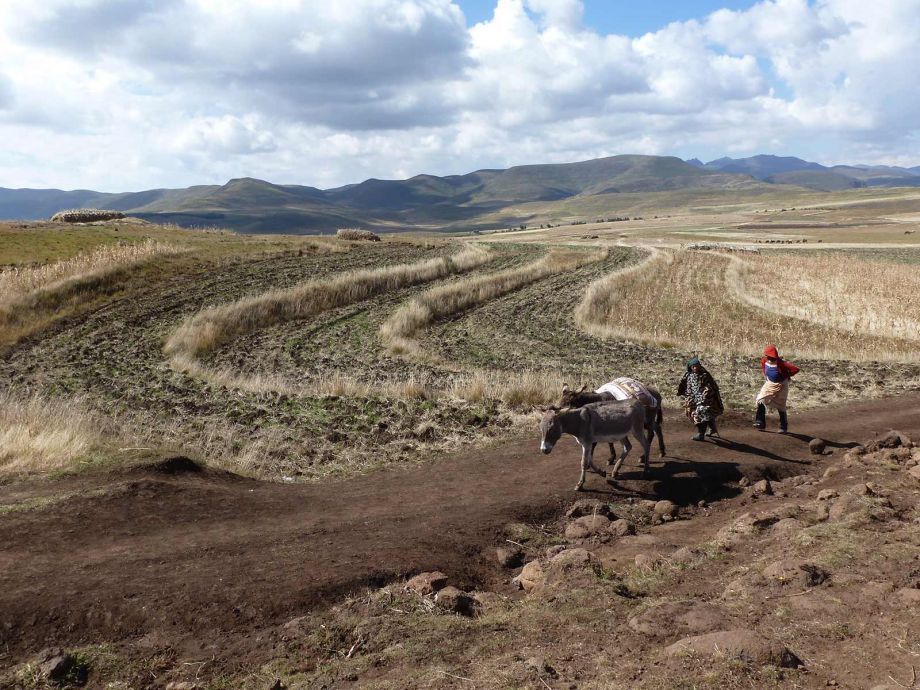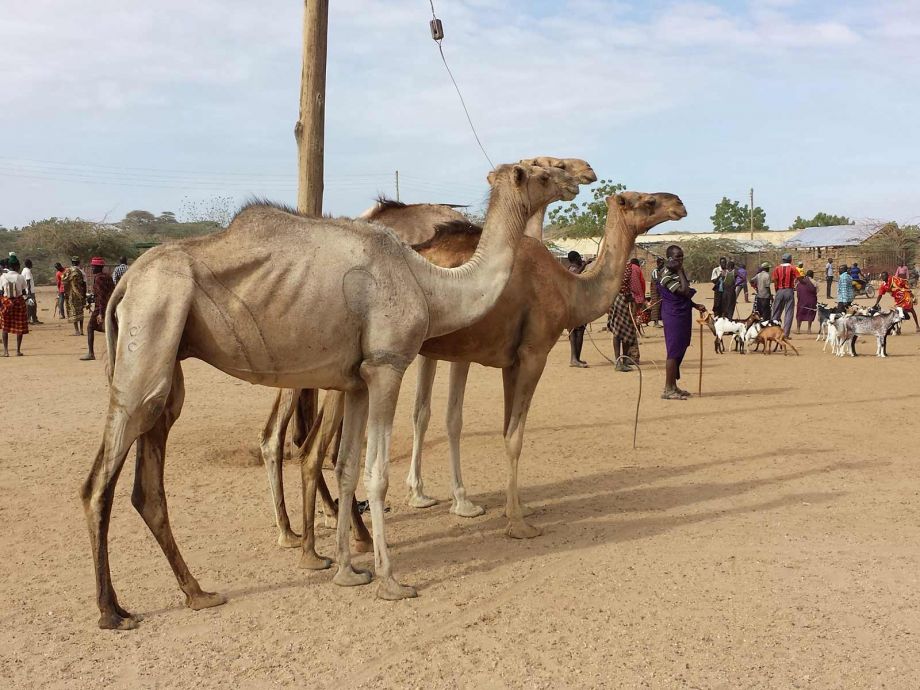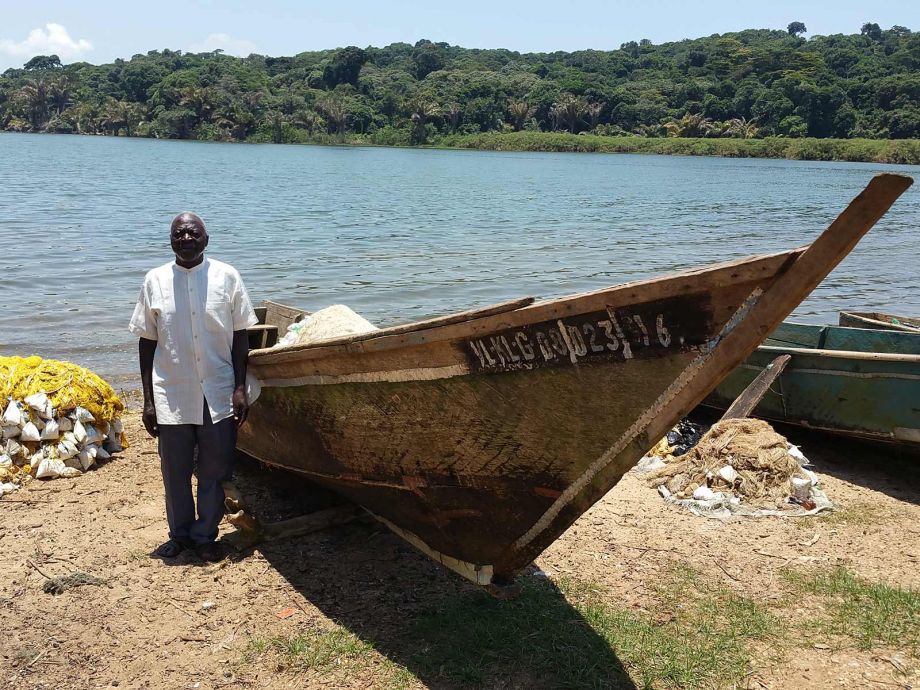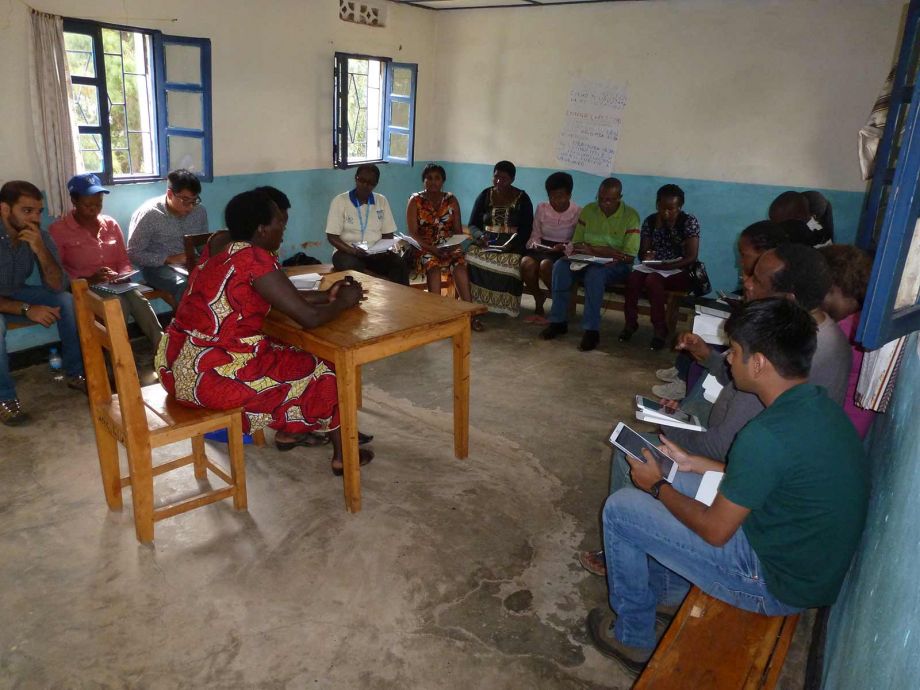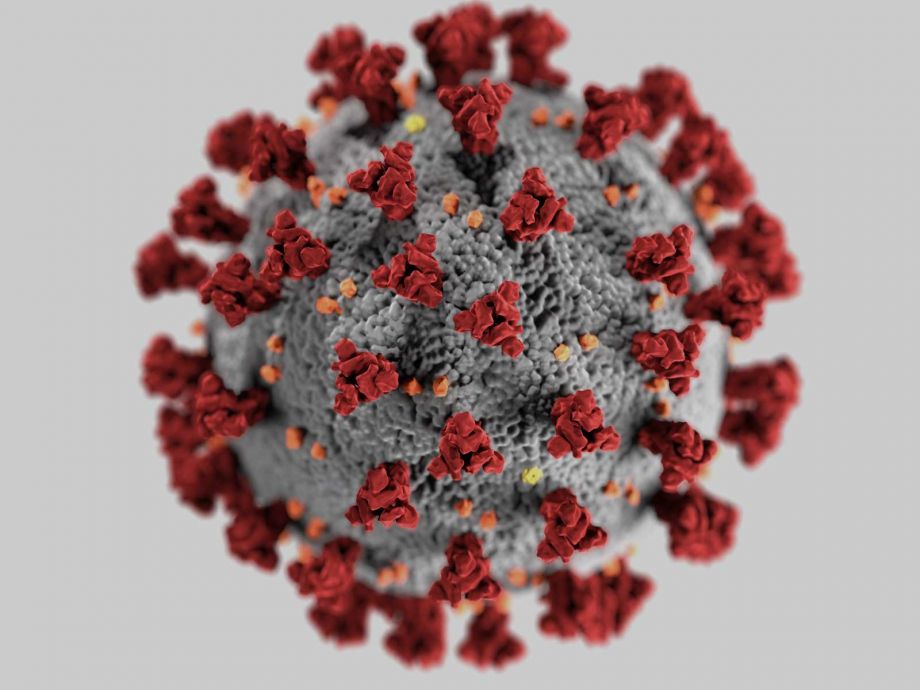General Equilibrium Models for an Ex-ante Evaluation of Different Food Procurement Modalities under the School Feeding Program in Senegal
Area: Senegal
When: January 2021 - Present
The World Food Programme’s (WFP) total portfolio in Regional Bureau Nairobi (RBN) countries is more than USD 2 billion annually.
The Government of Senegal’s on-going school feeding program (SFP) provides support to schools in the form of food, cash, or vouchers. The primary goal of the program is to improve children’s nutrition and health, school attendance, and capacity to learn. However, the program also potentially creates benefits for local economies around participating schools and for the rest of Senegal, by stimulating local production activities and raising household incomes.
Understanding these economic benefits is an essential part of any cost-benefit analysis of the SFP, critical not only for evaluating the SFP’s full impact, but also for designing measures to increase the benefits that this program can create for local populations. This project is using the local economy-wide impact evaluation (LEWIE) to perform a simulation analysis of different food procurement modalities employed by Senegal’s on-going SFP.

